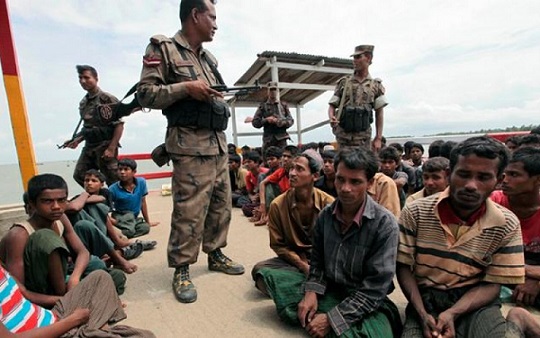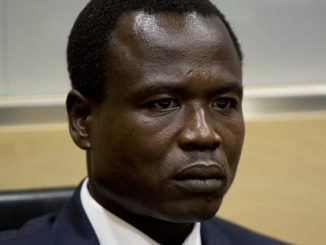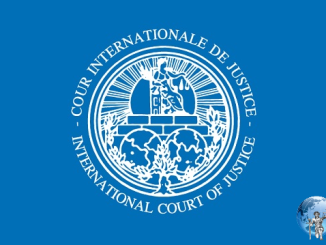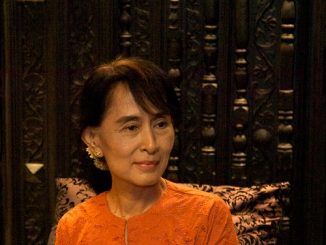
The International Criminal Court has opened a preliminary examination into c’s alleged crimes against its Rohingya Muslim minority.
The move could pave the way to a full investigation into Myanmar’s military crackdown that has seen thousands killed and over 700,000 displaced.
Last month Myanmar rejected a UN report calling for Burmese military figures to be investigated for genocide.
The army has previously cleared itself of wrongdoing in the Rohingya crisis.
However, that military report was criticised by human rights groups as an attempted “whitewash”.
The military launched a crackdown in Myanmar’s Rakhine state last year after Rohingya militants carried out deadly attacks on police posts. Hundreds of thousands have since fled to neighbouring Bangladesh.
There have been widespread allegations of human rights abuses, including arbitrary killing, rape and burning of land over many years.
- What next for Myanmar after damning report?
- Myanmar rejects UN accusation of ‘genocide’
- Who are the Rohingya Muslims?
On Tuesday, ICC prosecutor Fatou Bensouda said she had decided “to carry out a full-fledged preliminary examination of the situation at hand”.
Ms Bensouda said the initial probe, which could lead to a formal investigation by the ICC, could focus on a number of alleged “coercive acts” that possibly led to the “forced displacement” of Rohingya Muslims.
She said that these might include “deprivation of fundamental rights, killing, sexual violence, enforced disappearance, destruction and looting”.
She added that the Hague-based court would also consider whether persecution or “other inhumane acts” played a part in the plight of the Rohingya.
While Myanmar has not signed up to the ICC, judges have ruled that the court still has jurisdiction over any alleged crimes against the Rohingya, because Bangladesh is an ICC member.
The ICC announcement comes as UK Foreign Secretary Jeremy Hunt, who is set to arrive in Myanmar on Wednesday for talks with Burmese leaders, promised additional support for victims of sexual violence.
Mr Hunt, who will also visit the northern Rakhine state from where thousands of Rohingya fled to escape the military, will also meet Myanmar’s de facto leader and Nobel Peace Prize laureate Aung San Suu Kyi, who recently said her government could in hindsight have handled the Rohingya situation differently.
Earlier on Tuesday, UN investigators presented a 444-page report detailing alleged violations committed by the Burmese military in relation to violence against the Rohingya Muslim population.
“It is hard to fathom the level of brutality,” the head of the UN’s fact-finding mission on Myanmar, Marzuki Darusman, told the UN Human Rights Council, adding that the military had showed a “total disregard for civilian life”.
The report was criticised by Myanmar’s ambassador to the UN, Kyaw Moe Tun, who labelled it “one-sided” and “flawed”.
The government says Rohingya Muslims are illegal immigrants who present a threat to the country’s security and Buddhist identity.
As a result the Rohingya have faced decades of discrimination in Myanmar and are denied citizenship.
Source: bbc.co.uk






Be the first to comment